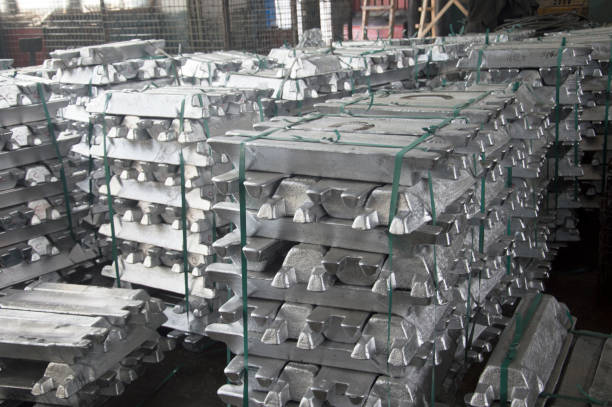Die casting is a manufacturing process in which molten metal is forced into a mold cavity under high pressure. The metal solidifies quickly to form a precise and detailed part. This process is ideal for producing complex shapes with high accuracy and consistency. Die casting is commonly used in the production of automotive parts, electronic housings, and consumer goods.
The history of die casting can be traced back to the mid-19th century. The first die casting machine was patented in 1885 by Otto Mergenthaler. This machine used a piston to inject molten lead into a mold under high pressure. Later advancements in the process allowed for the use of other metals such as zinc and aluminum.
Today, die casting is a highly automated process. The metal is melted in a furnace and then transported to the die casting machine. The machine then injects the molten metal into the mold cavity under high pressure. Once the metal solidifies, the mold is opened and the part is ejected.
There are two main types of die casting: hot chamber and cold chamber. In hot chamber die casting, the metal is melted in the machine itself, while in cold chamber die casting, the metal is melted in a separate furnace before being transported to the machine.
Die casting offers several advantages over other manufacturing processes. First and foremost, it allows for the production of complex shapes with high accuracy. It also offers high production rates and is ideal for large-scale production runs. Additionally, die casting results in parts with excellent surface finishes and dimensional stability.

There are, however, some limitations to die casting. For one, it is not well suited for the production of very large parts. Additionally, the process can be expensive to set up and may not be cost effective for small production runs.
In conclusion, die casting is a highly versatile and precise manufacturing process that has revolutionized the production of a wide range of products. From automotive parts to consumer goods, die casting has become an integral part of modern manufacturing. As technology continues to advance, it is likely that die casting will continue to play an important role in the production of a variety of products.
-

- Bahagian UAV tuangan die-casting magnesium aloi thixomolding
-

- high precision die-casting steering wheel for automotive
-

- 2022 Wholesale Hot Sale Bicycle Parts Magnesium Alloy Children Bike No Pedal Balance Bicycle Kids Multiple Colors Available
-

- Die cast magnesium parts laptop housing cover D
-

- Produk faundri tersuai bahagian die-casting berketepatan tinggi untuk bingkai bersepadu e-basikal
-

- Basikal untuk Kanak-kanak Kanak-kanak Basikal untuk Kanak-kanak berumur 3-16 tahun /OEM Bayi Kanak-kanak Kitaran Basikal Gunung Kanak-kanak 2022

 0086-750-5616188
0086-750-5616188 +86 13392089688
+86 13392089688 sales@zhongmei-tech.com
sales@zhongmei-tech.com







